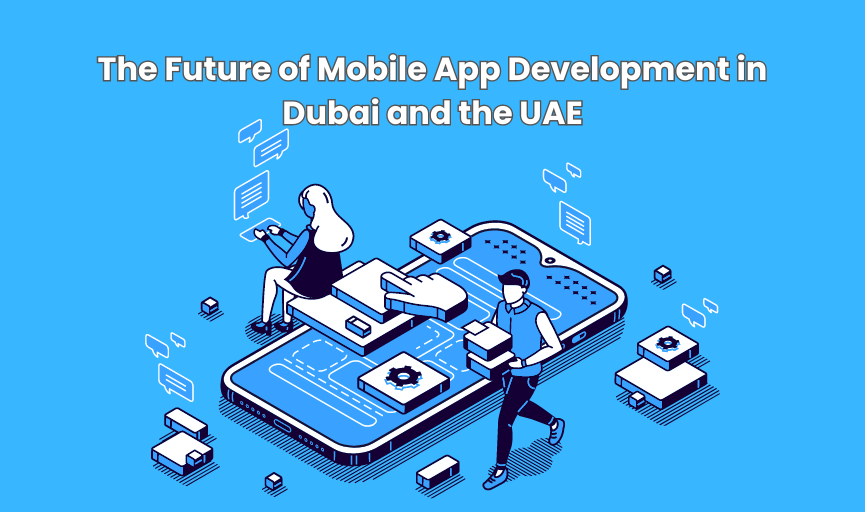These days, everyone wants high-performing digital products. London companies know this better than anyone, so it’s no surprise they’re turning to Flutter for building apps that are fast, seamless, and won’t drain the budget. Whether you’re teaming up with an app agency or hiring designers on your own, Flutter has quickly become the go-to choice for cross-platform development. It just delivers—smooth, native-like performance on both iOS and Android—which is exactly what London startups and big brands are after.
Let’s dive into what makes Flutter such a game-changer, and why so many London businesses are jumping on board.
Why Flutter Stands Out for Cross-Platform Development
One Codebase, Twice the Results
With Flutter, developers write code once and deploy it on both iOS and Android. That means less time spent building and maintaining two separate apps. For London businesses, this translates to faster launches and lower costs—a win all around.
Gorgeous UI, Built-In
Flutter’s widget system gives designers the tools to create slick, polished interfaces, no matter how complex. Animations, custom layouts, you name it—Flutter handles it without breaking a sweat.
Performance That Feels Native
People often worry that cross-platform apps will feel clunky, but with Flutter, that’s not the case. Apps run smoothly and look sharp, just like native ones. That’s why so many companies in London want developers who know Flutter inside out.
Hot Reload = Rapid Progress
Flutter’s Hot Reload lets developers see their changes instantly. No waiting around for builds. This keeps projects moving quickly and makes it easier to tweak and improve on the fly.
A Growing Community (With Google Behind It)
Flutter’s ecosystem is expanding fast, thanks to strong support from Google. Whether you’re working with a local team or outsourcing, there’s long-term stability and plenty of resources.
Why London Businesses Love Flutter
Save Money
Building two separate native apps costs a fortune. Flutter lets you deliver quality apps for half the price.
Launch Faster
Need to get to market quickly? Flutter’s speed gives you the edge, especially when you’re racing to meet a deadline.
Total Customization
Flutter’s flexibility means you can create just about any look or feature you want. Perfect for e-commerce, finance, gaming, or service apps.
Consistent User Experience
Since you’re working off a single codebase, users get the same slick experience, no matter what device they’re on. That’s huge for building a strong digital presence.
When Does Flutter Make Sense for London Companies?
Go with Flutter if you want:
- A fast, scalable solution for both iOS and Android
- Modern, eye-catching design
- Smooth animations and interactions
- Quicker updates and easier integration with CI/CD
- Lower costs over time
It’s especially useful for:
- Startups looking to move fast
- E-commerce shops
- Real estate and finance platforms
- Customer service apps
- Internal management tools
How to Choose the Right Flutter Team in London
When you’re picking an app agency or designers, keep an eye out for:
Real Flutter Experience
Check their portfolio for apps similar to what you need.
UI/UX Chops
Flutter is all about great design—don’t settle for less.
Dart Programming Skills
Flutter runs on Dart, so the team should know it inside out.
Ongoing Support
You want a team that sticks around for updates and maintenance.
Clear Communication
Look for teams that keep you in the loop and work with an agile approach.
Wrapping Up
Flutter is changing the game for mobile app development in London. It’s fast, scalable, and delivers a native feel that users love. With strong design tools and lower costs, it’s easy to see why so many businesses are making the switch.
If you want a high-quality app that’s easy to maintain and quick to launch, Flutter’s the way to go.
FAQs
- Is Flutter good for large apps?
Yes, Flutter works well for both small startups and big enterprise projects. Performance and scalability are built in. - Does Flutter really save money?
Definitely. One codebase means fewer hours and lower costs. - Can Flutter handle complex designs and animations?
Absolutely. Flutter is known for its advanced UI options and smooth animations. - Is Flutter better than React Native for London companies?
Both have their strengths, but Flutter often wins out for consistent UI and solid performance across devices. - How long does it take to build a Flutter app?
Timelines vary, but you’ll usually finish 30–40% faster than building native apps.




